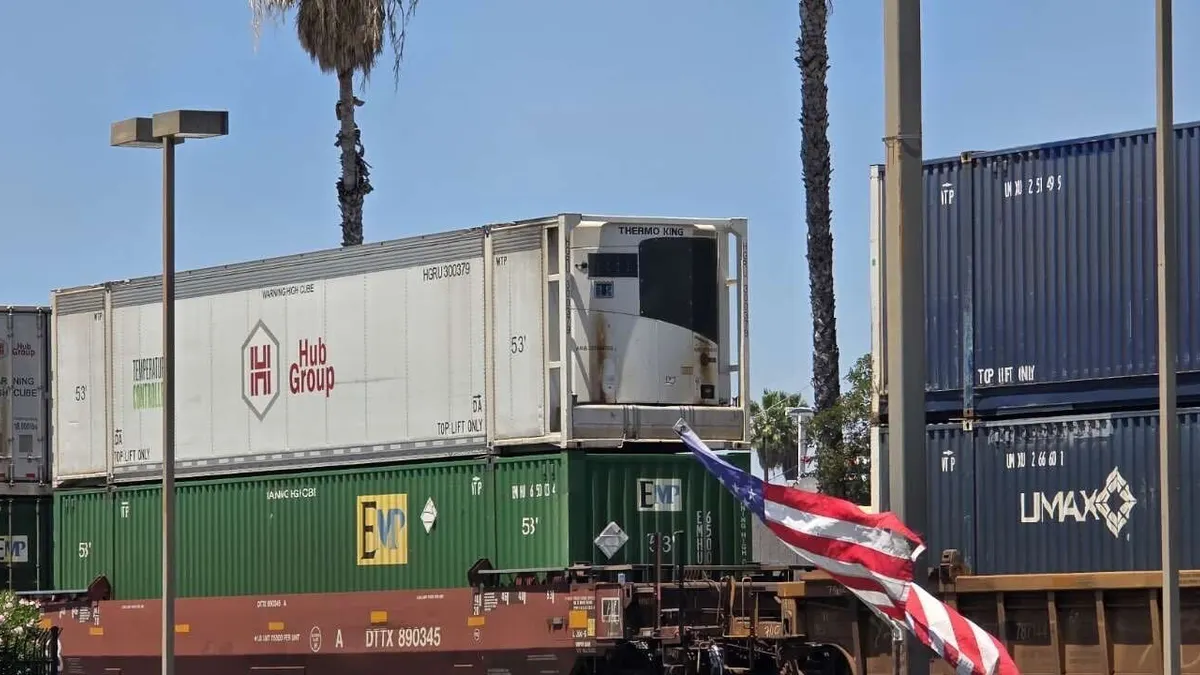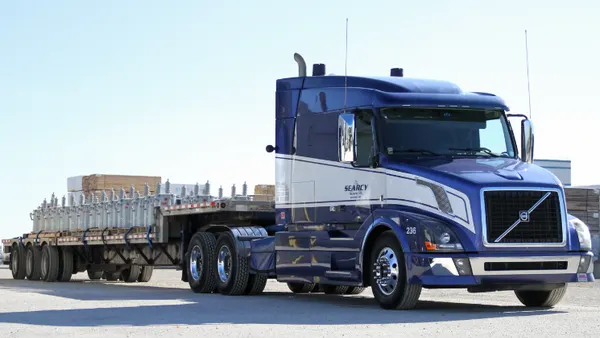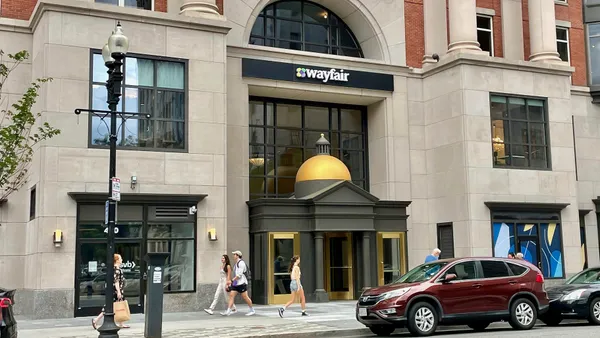Hub Group’s Mexico volumes skyrocketed 302% in Q2 when compared year over year, as the company has made efforts to grow its Mexico intermodal business and reefer division.
Last year, Hub Group partnered with Easo, an intermodal and trucking provider in Mexico, to expand Hub Group’s physical footprint using Easo’s network of terminals.
Last month, Hub Group announced it is acquiring Marten Transportation’s intermodal division. The $51.8 million cash deal includes customer contracts and 1,200 reefer containers, helping Hub Group establish its reefer services in Mexico.
The company expansion strategy in Mexico was due to a substantial increase in cross-border trade activity from nearshoring, according to the press release. As nearshoring is a continued trend for some companies, U.S. serving supply chains located in North and South America are expected to rise from 69% to 59%, according to a KPMG survey.
“The acquisition more than doubles the size of the temperature-controlled fleet and makes Hub Group the second largest provider of refrigerated intermodal solutions in North America,” per a July investor presentation on the acquisition.
Reefer volumes in Q2 went up 17.5% YoY, per the Q2 earnings presentation. “[T]he refrigerated intermodal space is one of our clear bright spots. We’ve seen refrigerated intermodal revenue increase 12% year-over-year in 2024, and it’s at 9% increase year-to-date through 2025,” CFO Kevin Beth said in a Q2 earnings call.
Hub Group’s reefer growth also comes as volumes are expected to decline as Mexico’s produce season begins to cool off.
Tariff uncertainties have led to market volatility, resulting in a 5% year-to-date decrease in truckload volumes, DAT iQ Principal Analyst Dean Croke wrote in an Aug. 5 blog post about the reefer market. Over 90% of Mexico’s fresh fruit and vegetables are exported to the U.S. with tomatoes, watermelons, avocados, peppers and cucumbers being the top five exported produce items.
For the remainder of the year, the company expects intermodal to lead sequential operating income and margin improvement for its Intermodal and Transportation Solutions segment.
“We still expect dedicated revenue to be less than [in] 2024 as new customers are not enough to offset lost customers and softer demand,” Beth said.












